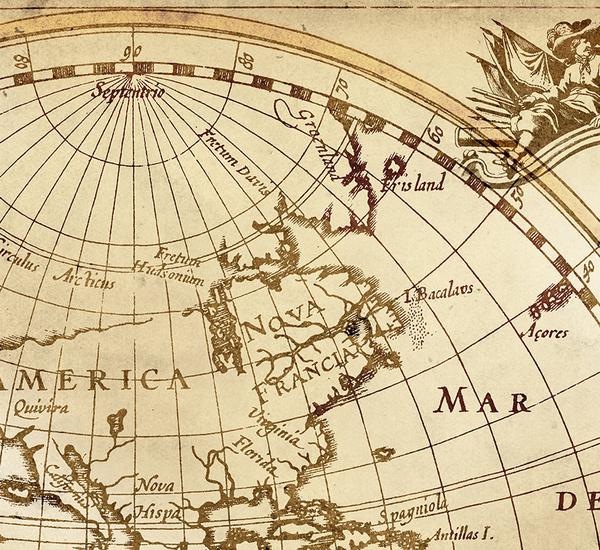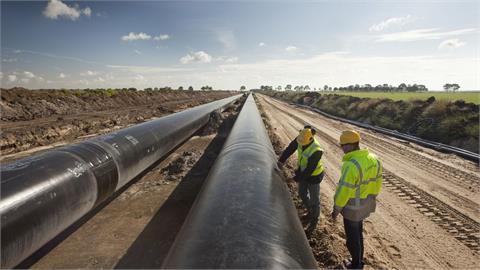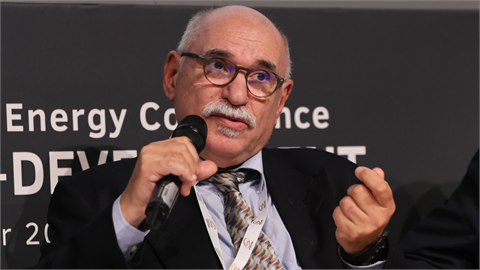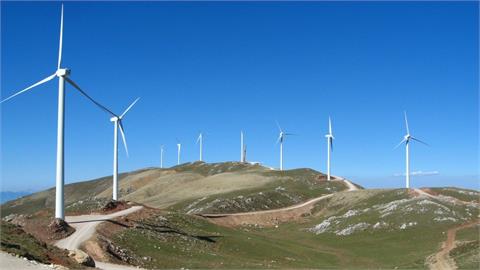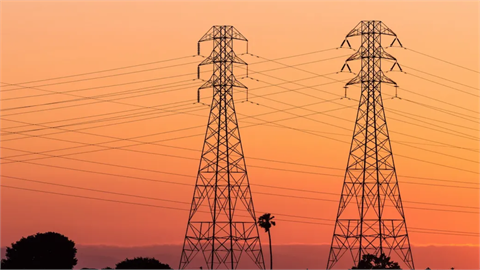Last week (15/5) the Institute send out to its members its latest "Geopolitics Bulletin" (No. 15) which is the product of consultation and analysis carried out by its "Energy & Geopolitics" Committee under the chairmanship of IENE' partner, Mr. Christos Dimas. The Bulletin is edited by a long time associate of the Institute, Mr. John Psaropoulos.
Last week (15/5) the Institute send out to its members its latest "Geopolitics Bulletin" (No. 15) which is the product of consultation and analysis carried out by its "Energy & Geopolitics" Committee under the chairmanship of IENE' partner, Mr. Christos Dimas. The Bulletin is edited by a long time associate of the Institute, Mr. John Psaropoulos.
The current Bulletin is placing emphasis on the coronavirus crisis and how this has impacted the global economy while it takes a penetrating look on specific regions of interest including Europe and the Middle East. As it is stressed in IENE'slatest Geopolitics Bulettin the shock to the global economy from COVID-19 has been both faster and more severe than the 2008 global financial crisis and even the Great Depression. In those two previous episodes, stock markets collapsed by 50% or more, credit markets froze up, massive bankruptcies followed, unemployment rates soared above 10%, and GDP contracted at an annualized rate of 10% or more. But all of this took around three years to play out. In the current crisis, similarly dire, if not worse, macroeconomic and financial outcomes have materialized in just three weeks. Negative oil prices, ships dawdling at sea with unwanted cargoes, and traders getting creative about where to stash oil. The next chapter in the oil crisis is now inevitable: great swathes of the petroleum industry are about to start shutting down.
The pandemic has hit Middle East especially hard as the region is already laboring under overlapping political, economic, and humanitarian crises. Although neither will escape unscathed, Iran arguably is in a worse position owing to the double impact of ongoing US sanctions, which have affected its ability to sell its oil (even at a reduced price) and to repatriate revenues from sales abroad.
In Europe Greece is particular interest as it is hoping that critical talks between the EU and Ankara will help ease the border crisis that has weighed heavily on the country since Turkey’s president, Recep Tayyip Erdoğan, declared he had "opened the gates” to Europe for migrants and refugees. At a time when the coronavirus outbreak has overtaken the global agenda, neither Brussels nor Athens want a repeat of the dangerously chaotic scenes that recently played out on the Greek-Turkish border at Evros.
Finally, in an all-encompassing analysis an overview is presented of the effects of the pandemic over the last couple of months. While more than 295,000 people have lost their lives, over 4,5 million people were directly affected by the virus. Besides its influences on human life and the health sector, this outbreak, which has turned into a pandemic, is bound to have consequences in terms of politics. It is one of the important findings of the social sciences that such unexpected events that upset the lives of masses overwhelm the established forms of policymaking and enable the transition to new political discourses and practices. In this context the coronavirus crisis should be seen more as a paradigm shift then a mere anomaly.
